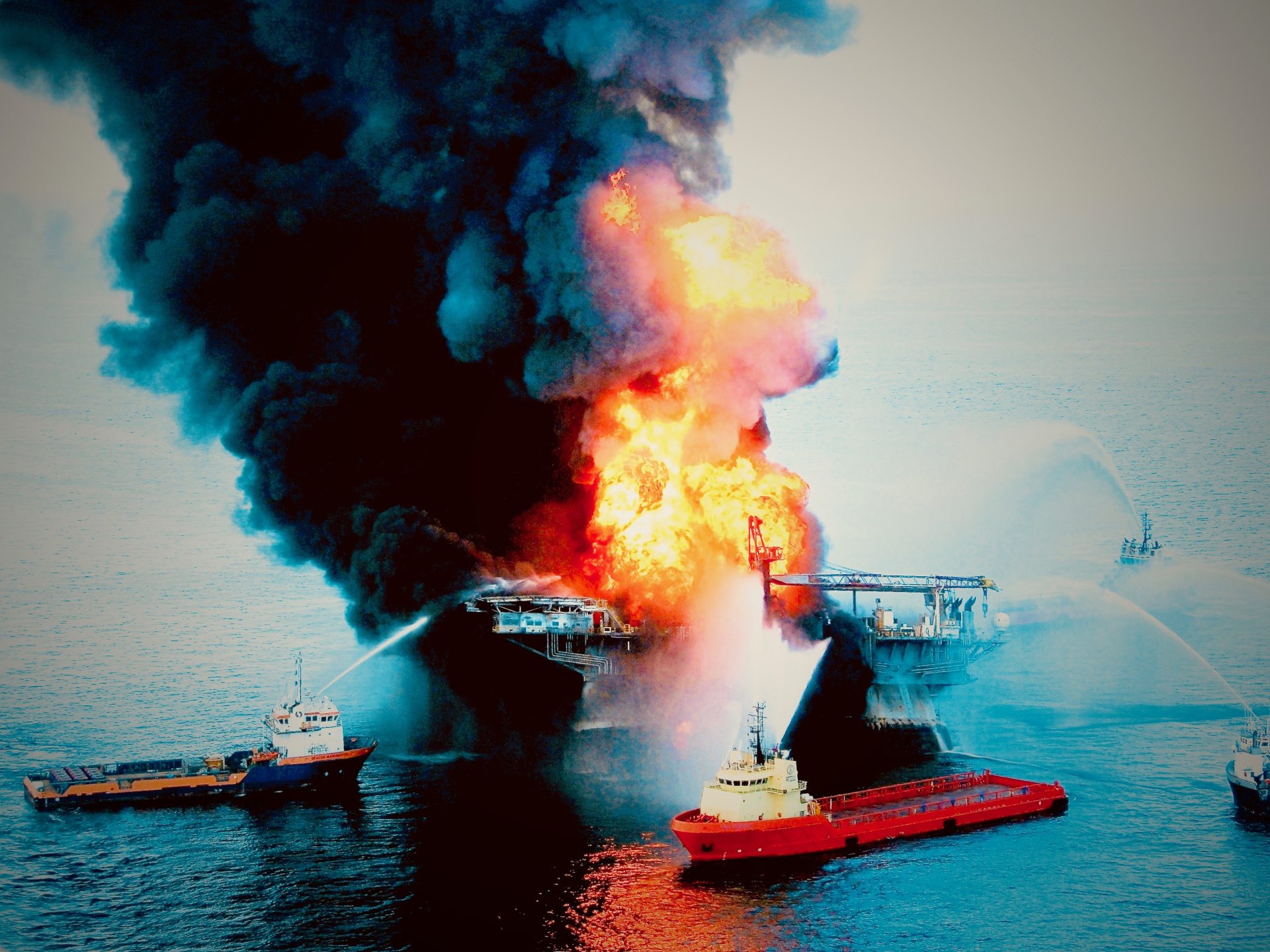The ocean is essential to our lives in Virginia, whether you enjoy gorgeous coastline views and recreation or some of the world’s most sought-after seafood. Most of us love spending weekends enjoying the 3,000 miles of coastline in our state, from our long stretches...


